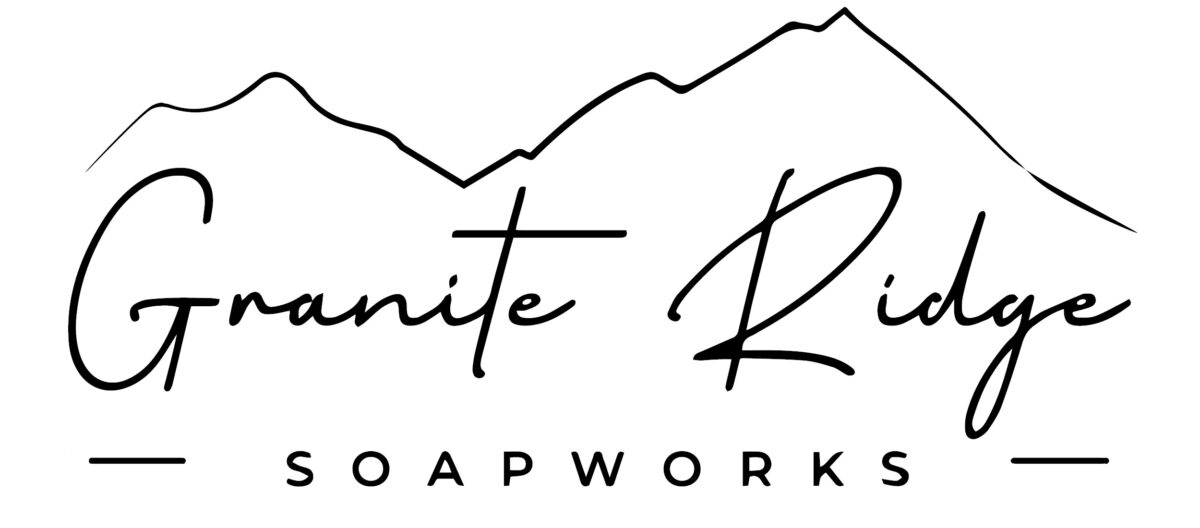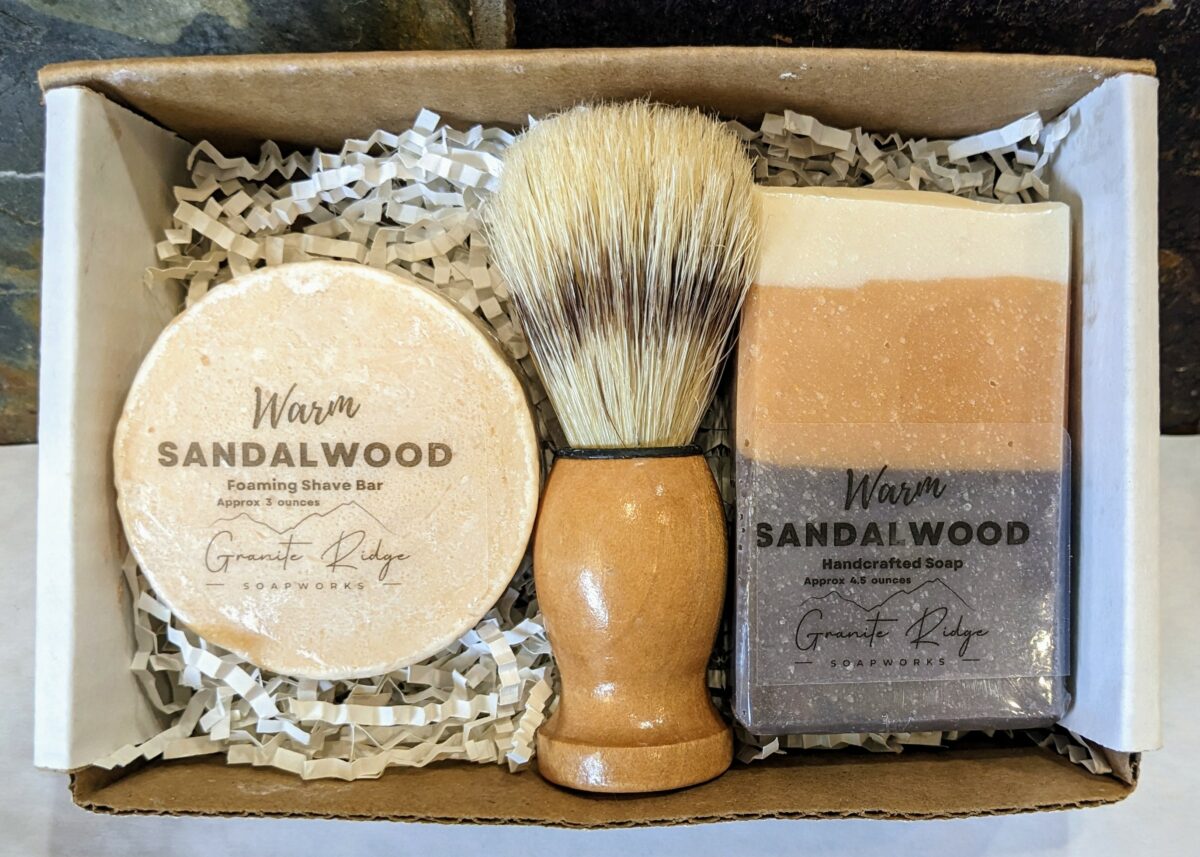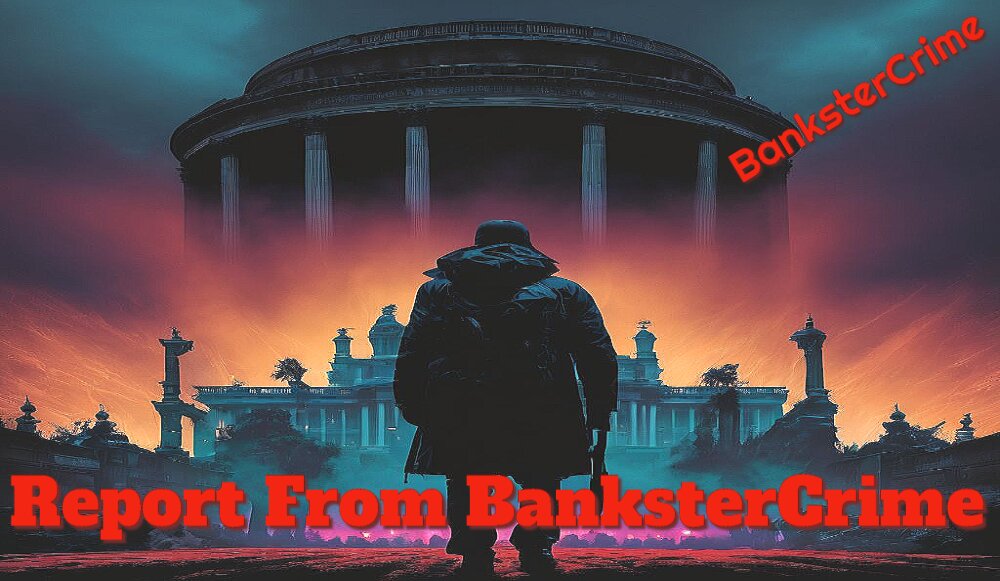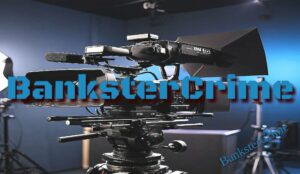
By Pam Martens and Russ Martens: March 19 2024
Jamie Dimon Sits in Front of Trading Monitor in his Office (Source: 60 Minutes Interview, November 10, 2019)
On Thursday of last week, two of JPMorgan Chase Bank’s federal regulators fined the riskiest bank in the United States $348 million dollars for engaging in “unsafe and unsound banking practices” for failing to supervise “billions” of trades on at least 30 global trading venues.
The Office of the Comptroller of the Currency (OCC) fined JPMorgan Chase Bank $250 million while the Federal Reserve fined the bank $98.2 million. The OCC said the misconduct occurred since at least 2019. The Fed said the bank had engaged in the misconduct over the span of nine years, from 2014 to 2023.
The key outrage embedded in these charges – that mainstream media failed to point out in its coverage last week – is that this “trading” activity did not occur at the registered brokerage firm of JPMorgan, which has properly licensed traders and trading supervisors. It occurred at the federally-insured bank, which is not allowed to have licensed traders – because casino banking brings on bank runs, bank panics and giant scandals that undermine Americans’ confidence in federally-insured banks.
Under Jamie Dimon at the helm of this federally-insured bank, as both Chairman and CEO, JPMorgan Chase Bank has turned giant scandals into an art form. Its rap sheet reads like that of an organized crime family and includes an unprecedented five criminal felony charges.
Just last year, its salacious activities with sex trafficker Jeffrey Epstein, to whom it doled out mountains of hard cash for more than a decade (which he then used to silence his underage victims and accomplices), generated news headlines around the world. The bank settled those charges last year, which had been brought in two civil lawsuits by his victims and by the Attorney General of the U.S. Virgin Islands, for a combined $365 million. (See JPMorgan’s Settlements Reach $365 Million Over Civil Claims It Banked Jeffrey Epstein’s Sex Trafficking of Minors; Criminal Charges Could Lie Ahead.)
Adding to the outrage over the mild slap on the wrist from these two regulators last week is that this federally-insured bank was previously charged with engaging in unsafe and unsound banking activities when it used depositors’ money from its federally-insured bank to engage in massive high-risk credit derivative trades in London in 2012 and lost $6.2 billion of depositors’ money. The case became infamously known as the London Whale scandal.
The OCC wrote as follows in its settlement document covering the London Whale matter in 2013:
“The credit derivatives trading activity constituted recklessly unsafe and unsound practices, was part of a pattern of misconduct and resulted in more than minimal loss, all within the meaning of 12 U.S.C. § 1818(i)(2)(B)”; and “The Bank failed to ensure that significant information related to the credit derivatives trading strategy and deficiencies identified in risk management systems and controls was provided in a timely and appropriate manner to OCC examiners.”
The Securities and Exchange Commission (SEC) also settled charges with the bank in the London Whale matter. The SEC focused on JPMorgan’s ineffective internal controls and failure to keep the Audit Committee of its Board informed in a timely manner as required under its own rules and under the Sarbanes-Oxley Act. The SEC also found the company violated securities laws by filing false information with the SEC: “As a result of its failure to maintain effective internal control over financial reporting as of March 31, 2012, and disclosure controls and procedures, and as a result of its filing of inaccurate reports with the Commission (specifically, the Form 8-K filed on April 13, 2012, and the Form 10-Q filed on May 10, 2012), JPMorgan violated Sections 13(a), 13(b)(2)(A), and 13(b)(2)(B) of the Exchange Act and Rules 13a-11, 13a-13, and 13a-15 there under,” the SEC said in its settlement document.
At the time of the London Whale scandal, a woman named Ina Drew was in charge of the unit of the federally-insured bank that oversaw the derivatives trading in London. That unit of the bank was called the Chief Investment Office. (That unit was created after Jamie Dimon took the helm at the bank.)
Ina Drew testified about the matter before the U.S. Senate’s Permanent Subcommittee on Investigations on March 15, 2013. Drew told the hearing panel that beginning in 1999, she “oversaw the management of the Company’s core investment securities portfolio, the foreign-exchange hedging portfolio, the mortgage servicing rights (MSR) hedging book, and a series of other investment and hedging portfolios based in London, Hong Kong and other foreign cities.”
Drew told the Senate Subcommittee that the investment securities portfolio exceeded $500 billion during 2008 and 2009 and as of the first quarter of 2012 was $350 billion. But during the 13 years that Drew supervised massive amounts of securities trading, she had neither a securities license nor a principal’s license to supervise others who were trading securities.
At the time, we asked numerous Wall Street regulators to explain how this is possible at Wall Street mega banks. One regulator who spoke on background only told us that Drew could not hold a securities license because she worked for the federally-insured bank, not its broker-dealer (a/k/a brokerage firm). Only employees of broker-dealers are allowed to hold securities licenses. But apparently, not having a securities license does not stop one from supervising a $500 billion portfolio of securities that are, most assuredly, traded by someone.
It is a long-held requirement by U.S. securities regulators that if you are going to supervise persons holding a securities license, you must also hold the appropriate securities licenses yourself. Drew, without a license, was supervising traders in London who were registered with the Financial Services Authority (now Financial Conduct Authority).
In its 10-K (annual report) filing in February with the SEC, JPMorgan Chase indicated there is a third unnamed regulator that is currently investigating these billions of unsupervised trades. The bank said it was “also in advanced negotiations with a third U.S. regulator, but there is no assurance that such discussions will result in a resolution.”

Please Help Donate GiveSendGo https://www.givesendgo.com/wwwHNewsWire
Be a part of it. Give immediately. Make a donation today to help me continue.
Join the cause. Donate now.
That third regulator should closely examine what is going on in JPMorgan’s own Dark Pools, where the bank is preposterously allowed to trade large amounts of its own bank stock in its own Dark Pools. (See chart below as an example of what went on in the week of October 23, 2023.) Dark Pools are thinly regulated trading platforms inside the mega banks on Wall Street, and elsewhere, which lack the transparency of stock exchanges.
Related Articles:
If a Stockbroker Had Jamie Dimon’s BrokerCheck Record, He’d Be Unemployable on Wall Street
JPMorgan Chase Owns $2.2 Trillion in Stock Derivatives; Two-Thirds the Total for All Banks
Both Citigroup and JPMorgan Have Now Received Huge Fines for Crimes the Regulators Won’t Reveal


Give the gift of great skin care. Our Soap and Shave Bars are gentle and produce a smooth creamy lather that is nourishing to your skin. They are handmade in small batches. We use only high-quality natural ingredients that you can pronounce. No chemicals, no sodium laurel sulfate, no phthalates, no parabens, no detergents. The set can include Soap Bar, Shave Bar, Shave Brush, and/or Shampoo Bar. These come in a white box and are perfect for your gift giving needs.
Our soaps are made with skin loving ingredients including olive oil, coconut oil, lard, sweet almond oil, shea butter, and castor oil. We do not use palm oil. Scented only lightly with fragrance oils.
The Shave bars give a very close and smooth shave with no razor burn. They leave your skin feeling amazing. A lather can be built up in your hands and then applied to your face, but it is best to use a shaving brush. These bars will only produce a thick foam when used with a shaving brush.
Our Shampoo Bars have a thick lather. A lather can be built up in your hands and then applied to your hair, but it is best to rub the bar gently in your hair. Rinse and repeat.
You choose a scent:
A Thousand Dreams is a whimsical blue scented in a warm mix of fruity and floral notes with peach, peony, lily, musk, sandalwood, and amber.
Bay Rum Spice is a nice masculine scent similar to Old Spice. The scent notes are clove, pine needles, cedarwood, orange, vanilla, and musk.
Birch Woods is a great outdoors-type scent. The notes are bergamot, patchouli, vetiver, and tonka bean.
Cool Clear Water is a refreshing scent. The notes are crisp water, oakmoss, pine, cedar, and musk.
Lavender Champagne has a wonderful scent of Lavender and Champagne and has a light purple color. The scent notes are lavender, sparkling Champagne, grapefruit, orange, thyme, oak, and amber.
Midnight Waters is a moody-mystical scent that opens with fruity notes of red berries, juicy tangerine, and bergamot. Then unfolds into bubbly Champagne, violet flowers, cashmere, amber, and musk.
Raspberry Vanilla is an all-time favorite fragrance for soap. It is a beautiful magenta color. The scent notes are raspberry, strawberry, lemon, coconut, peach, honeysuckle, plum, and vanilla.
Warm Sandalwood is a warm, rich, and woodsy scent. The colors are warm and rich with brown, gold, and white.
A Soap bar will weigh approximately 4 ounces and be approximately 2.25 inches wide by 3.5 inches tall and 1 inch thick. A Shave bar will weigh approximately 3 ounces and be approximately 2.5 inches across and 1.25 inches thick. A Shampoo Bar will weigh approximately 3.5 ounces and be approximately 2.5 inches across and 1.25 inches thick. Please keep in mind that our products are handmade and hand cut. Each bar is unique and might vary slightly in shape, size, design, and color from those pictured.
Please keep your Soap Bars, Shave Bars, and Shampoo Bars well-drained and allow to dry between uses. This will ensure longer lasting bars. Go Shopping


![]()





